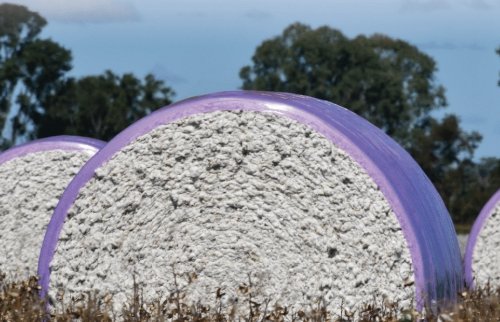Trusted by farmers the world over for more than ninety years, Nitrophoska is the original complex fertiliser, with all nutrients readily available in one granule ensuring a balanced crop nutrition.
Used by Australian farmers for generations, Nitrphoska had been largely unavailable in Eastern Australia until 2023, when Nitro Ag Pty Ltd was appointed Australian distributor for the product range.
At the core of the products continued success is its outstanding physical properties, good storability and uniform spreading.
Initially commercial production began at Limburgerhof in Germany in 1927, when BASF commenced the production of Nitrophoska. Named after the three primary nutrients, Nitrogen (N), Phosphate (P) and Potassium (K), Nitrophoska was offered in different formulations for different crops and soils.
Nitrophoska found instant global success and with several formulations available, the sulfate of potash-based Nitrophoska offered reliable performance for chloride-sensitive crops.
With fertiliser production capabilities of the Limburgerho plant at capacity, production commenced at the BASF manufacturing plant in Antwerp, Belgium in 1967.
Since that time, improvements in production process and quality have continued until we have the high quality Nitrophoska Special compound fertiliser we know today.
In 2012 BASF sold its Antwerp fertilizer activities to EuroChem who assumed ownership of Nitrophoska and its heritage.
To support Nitrophoska Special, Nitro Ag is developing a complimentary range of specialty fertilisers and over the coming months, will introduce products such as K-Nite (Potassium Nitrate), NitroSOP (Water soluble Sulphate of potash), NitroMgS (Magnesium Sulphate), NitroMKP (Mono Potassium Phosphate), NitroMAP (Mono Ammonium Phosphate), Cal Boron (water soluble Calcium Nitrate plus Boron), Cal-Nite (Water soluble Calcium Nitrate) as well as the HydroSol range of water soluble NPK’s.
Nitro Ag aims to have a portfolio of key specialty fertilisers along with Nitrophoska Special to provide farmers with the products they require to meet the majority of nutritional requirements for a large range of crops including potato, onions, carrots, brassica, leafy vegetables, fruit and nuts and many other horticultural crops.




